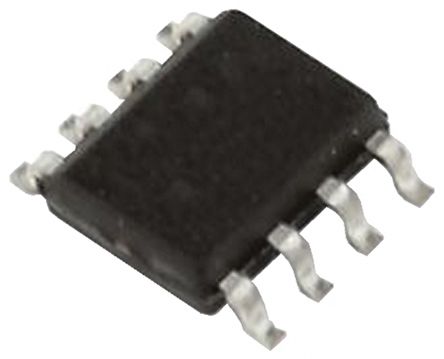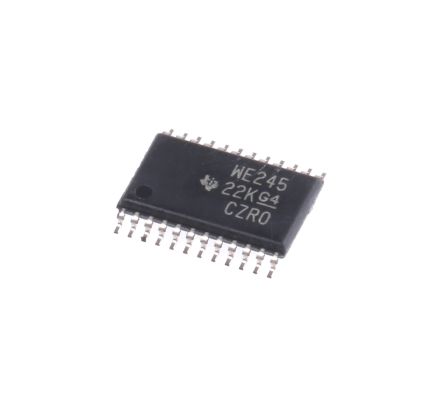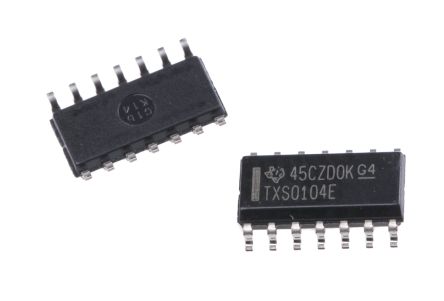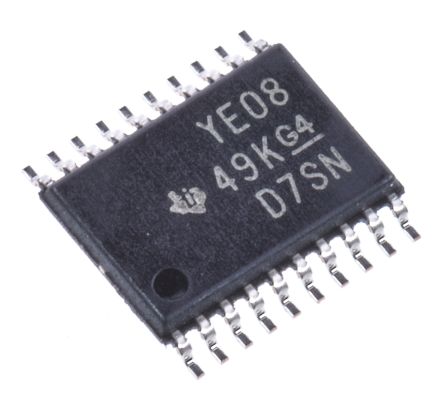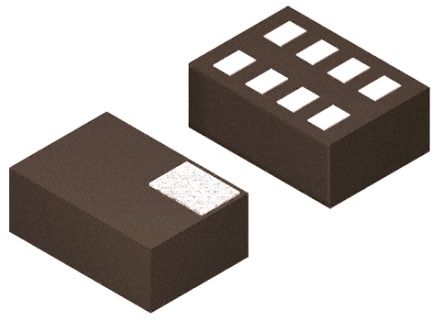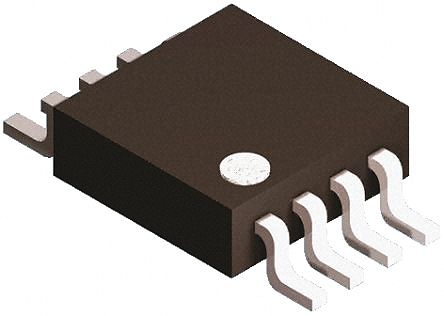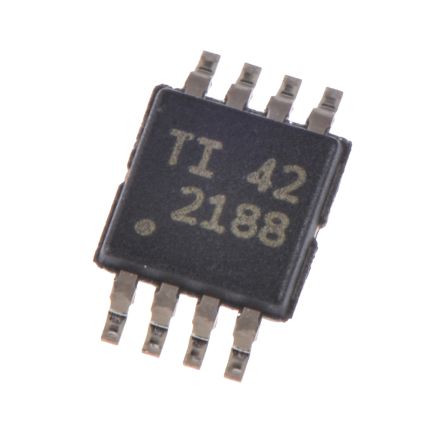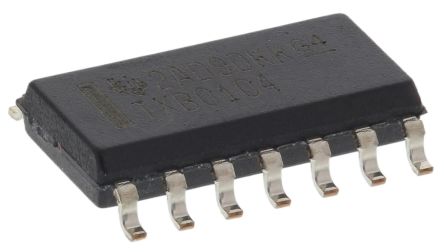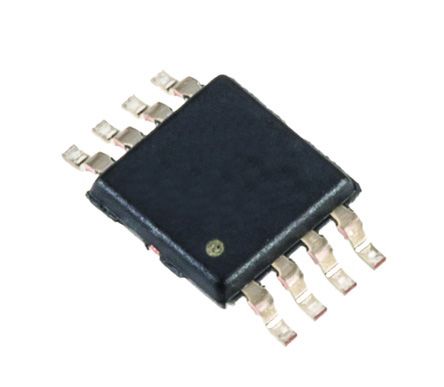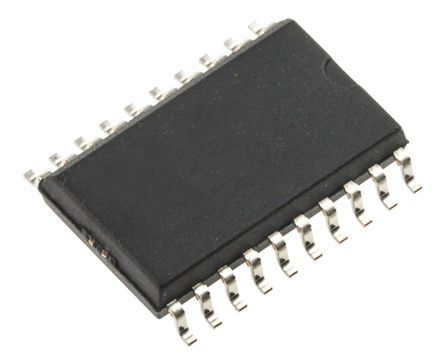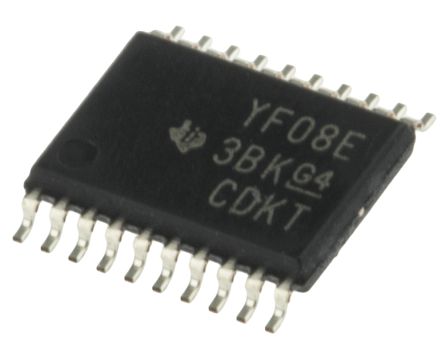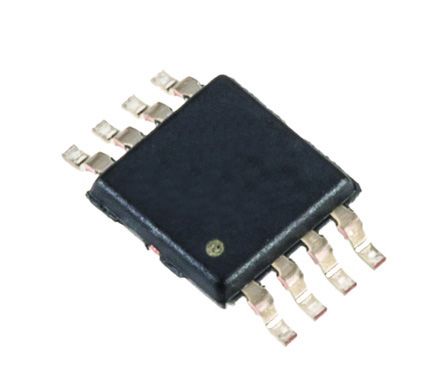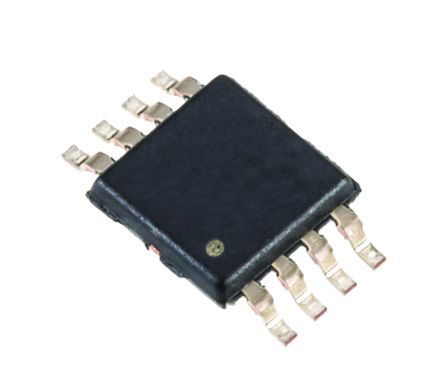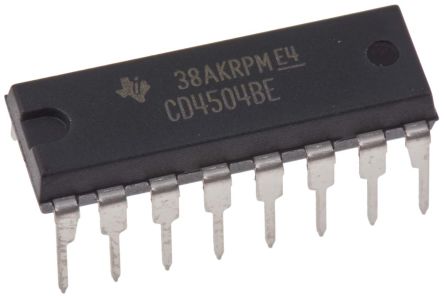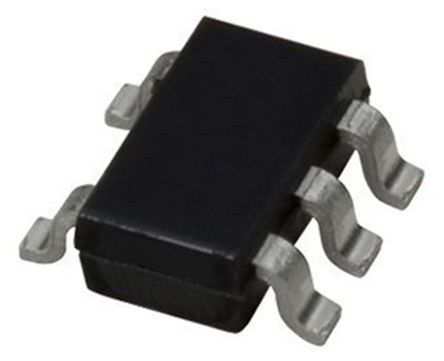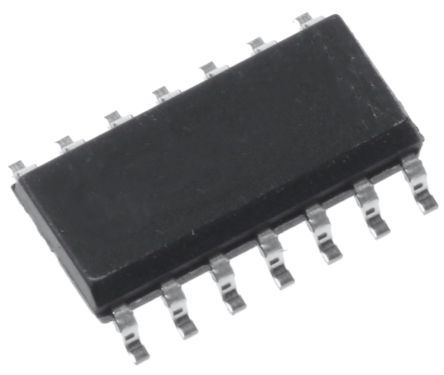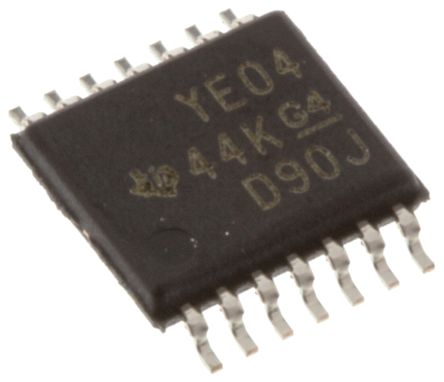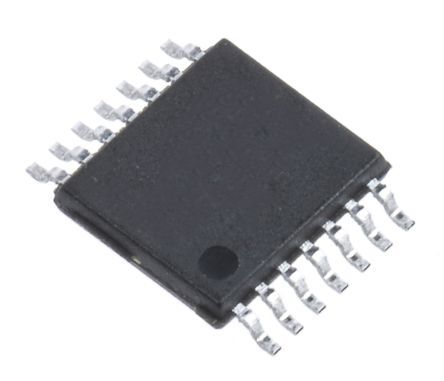- Automation & Control Gear
- Cables & Wires
- Enclosures & Server Racks
- Fuses & Circuit Breakers
- HVAC, Fans & Thermal Management
- Lighting
- Relays & Signal Conditioning
- Switches
- Batteries & Chargers
- Connectors
- Displays & Optoelectronics
- ESD Control, Cleanroom & PCB Prototyping
- Passive Components
- Power Supplies & Transformers
- Raspberry Pi, Arduino, ROCK, STEM Education & Development Tools
- Semiconductors
Translator ICs
Translator ICs (integrated circuits) also known as level shifters, are semiconductor devices on a circuit that provide the translation of electrical signals from one voltage or one logic level to another. This allows for compatibility with other ICs that have different voltage requirements such as TTL and CMOS. Without these ICs, signals that cross voltage levels would be sampled incorrectly.
How do translator ICs work?
Translator ICs provide an interface between components that operate at different voltage levels. They can shift from low to high voltage and vice versa. Either up or down logic level translation is accomplished through the selection of power supply levels VDD (Voltage Drain Drain) and VCC (Voltage Common Collector). The VCC level sets the input signal levels while VDD selects the output voltage levels.
Types of translators IC's
IC translators are offered with a variety of a different number of pins, translation methods, package types such as SOIC SOT-23, VSSOP and different levels of logic.
Another type of translator that is available is I2C (Inter-Integrated Circuit) translators. These are a multi-master to multi-slave two-wire serial bus standard that enables serial communications at a number of bit rates. I2C translators signalling is made up of an individual signal of data that carries logic levels that get validated by a clock signal. Both signals that are transmitted are bi-directional.
Applications of translator ICs
Translator ICs are used in a wide range of applications such as
- SD cards
- SIM cards
- CF cards
- Audio codecs
- UART(Universal asynchronous receiver-transmitter)
